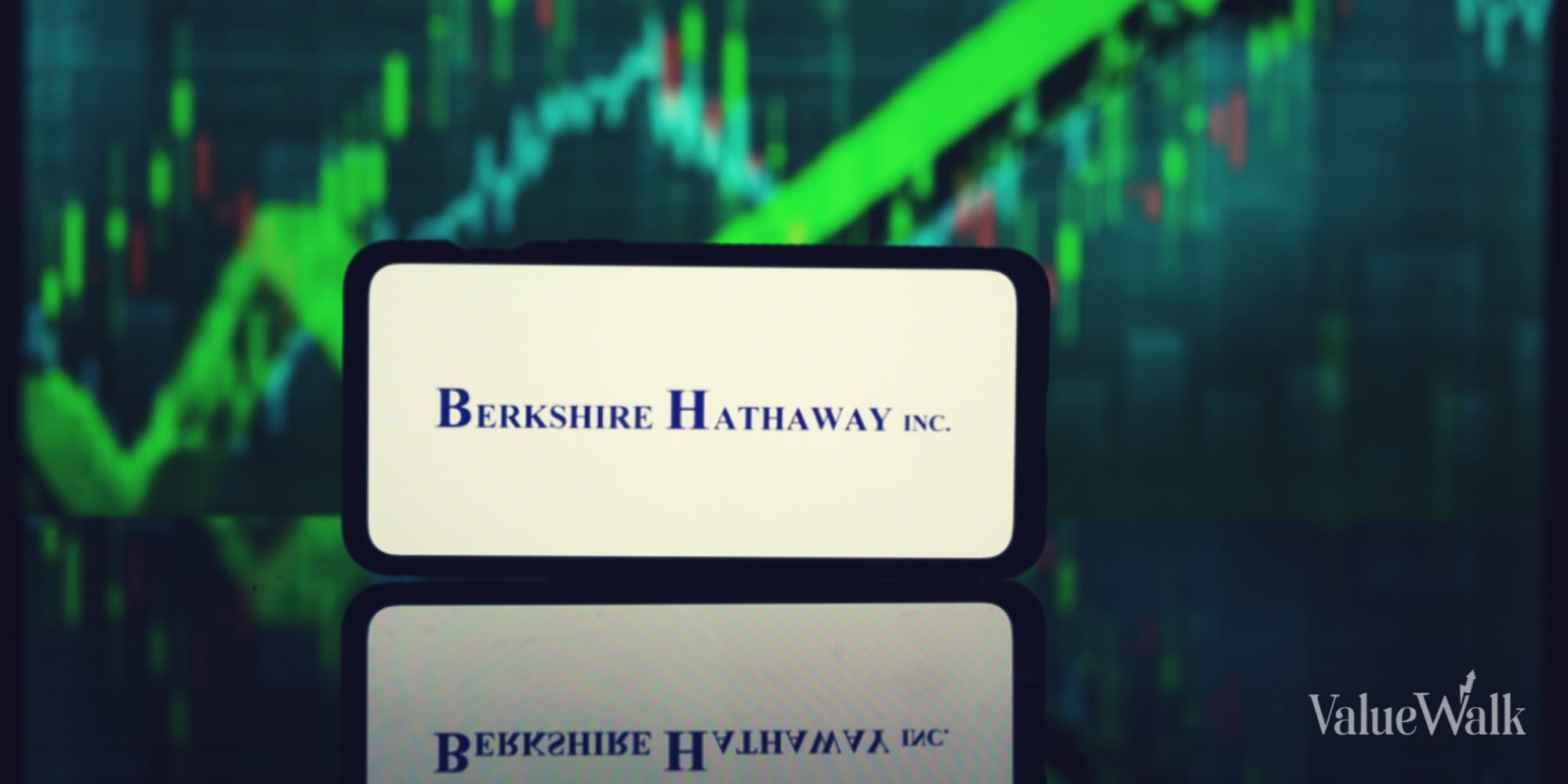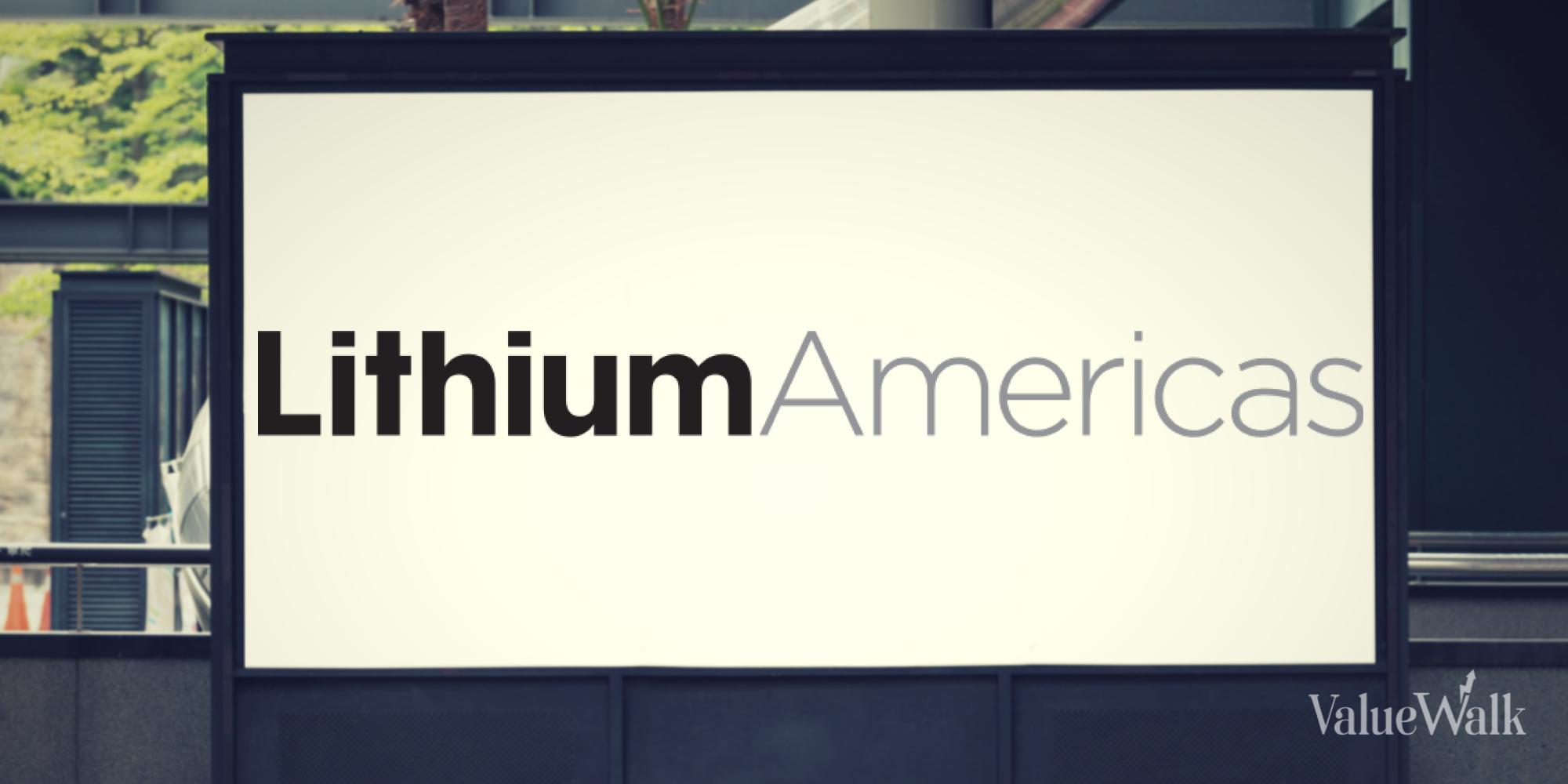Stock markets broadly trended lower on Wednesday after a disappointing inflation report. The Consumer Price Index (CPI) rose 3.5% in March over the previous 12 months. That reading is up from 3.2% in February and higher than the 3.4% that was anticipated by economists. It’s also the highest rate since September 2023.
The markets did not take the news well. There had been hope that the inflation rate would keep trending lower, which in turn would hopefully prompt the Federal Reserve to lower interest rates sooner rather than later.
However, the March inflation result could indicate that the Fed may not start easing as soon as some had anticipated. All eyes will be on the Personal Consumption Expenditures (PCE) index, a key inflation gauge for the Fed, when it comes out on April 26.
Investors have already been through the worst of it as far as inflation goes, but if they are looking for a stock that has largely been resistant to inflation to balance things out, look no further than Berkshire Hathaway (NYSE:BRK.A) (NYSE:BRK.B).
The house that Buffett built is sturdy
Berkshire Hathaway Chairman and CEO Warren Buffett and the late Charlie Munger built the firm precisely for times like this: to withstand shocks to the market like inflation rates at a 40-year high, like they were in 2022.
The conglomerate is largely made up of a $350 billion stock portfolio and the almost 70 privately held companies it owns, including brand names like GEICO, Dairy Queen, Benjamin Moore, Duracell, and Business Wire, to name a few.
Among the companies Berkshire owns are several insurance companies, including ones it also manages, like Berkshire Hathaway Specialty Insurance and Berkshire Hathaway GUARD Insurance Companies, along with GEICO and others.
Berkshire Hathaway uses the float from the insurance companies to invest in its massive stock portfolio. In addition, it also owns a railroad, energy and utility companies, industrial firms, manufacturing companies, retailers, construction and building businesses, consumer staples, and service companies.
Buffett and his team have carefully selected those companies and the ones in Berkshire’s stock portfolio, adhering to Buffett’s philosophy of investing in businesses that are well-managed, are good values, have consistent earnings, and are generally sturdy, stable businesses across a variety of industries that have long track records of success.
That formula has worked beautifully for Berkshire Hathaway over the years and has allowed the company to effectively manage the markets’ ups and downs over the past 50+ years.
Consider the results. When the market is down, Berkshire Hathaway is usually up. That was the case in 2022, when the stock was up 3% in a year when the S&P 500 was down 19%, mainly due to high inflation and rising interest rates. In 2018, when the market was off 6%, Berkshire Hathaway was up 3%.
Over the past 10 years, Berkshire Hathaway has posted an average annualized return of 12.7%, compared to 10.6% for the S&P 500. Going back 20 years, it has generated a 9.8% annualized return, compared to 7.8% for the S&P 500.
Always a buy
One of the reasons Berkshire Hathaway did so well in the most recent bear market was because of the abundance of companies it owns in industries that aren’t prone to wild swings based on economic conditions. For example, companies in consumer staples, energy, and insurance are needed no matter the environment, so they were not as impacted by inflation.
In fact, Berkshire Hathaway’s insurance holdings outperformed in the bear market, as insurance companies actually do fairly well in periods of high inflation because premiums go up, but people still need insurance.
The proof is in the fact that Berkshire Hathaway reported record operating earnings of $30.9 billion in 2022, surpassing that record again in 2023 when it generated $37.4 billion in operating earnings. However, the gains in its portfolio of privately owned companies in 2022 offset the unrealized losses in its stock portfolio that year.
Like the companies it invests in, Berkshire Hathaway is built for the long haul. It probably won’t soar like a technology company in a bull market, but it will produce consistent, reliable returns that investors can count on — in good times and bad.
This year, the stock has popped about 13% year to date, and it’s undervalued with a price-to-earnings ratio of 9. Berkshire Hathaway is pretty much always a buy, but right now it looks particularly good.
Disclaimer: All investments involve risk. In no way should this article be taken as investment advice or constitute responsibility for investment gains or losses. The information in this report should not be relied upon for investment decisions. All investors must conduct their own due diligence and consult their own investment advisors in making trading decisions.





